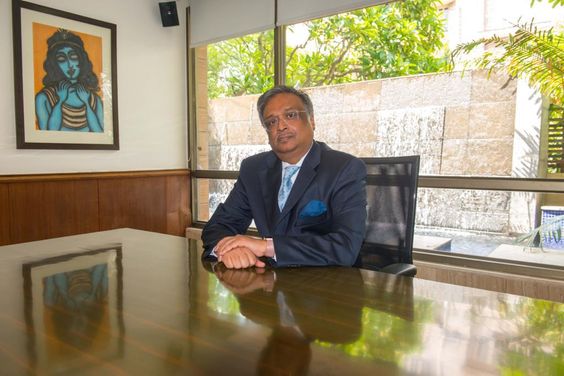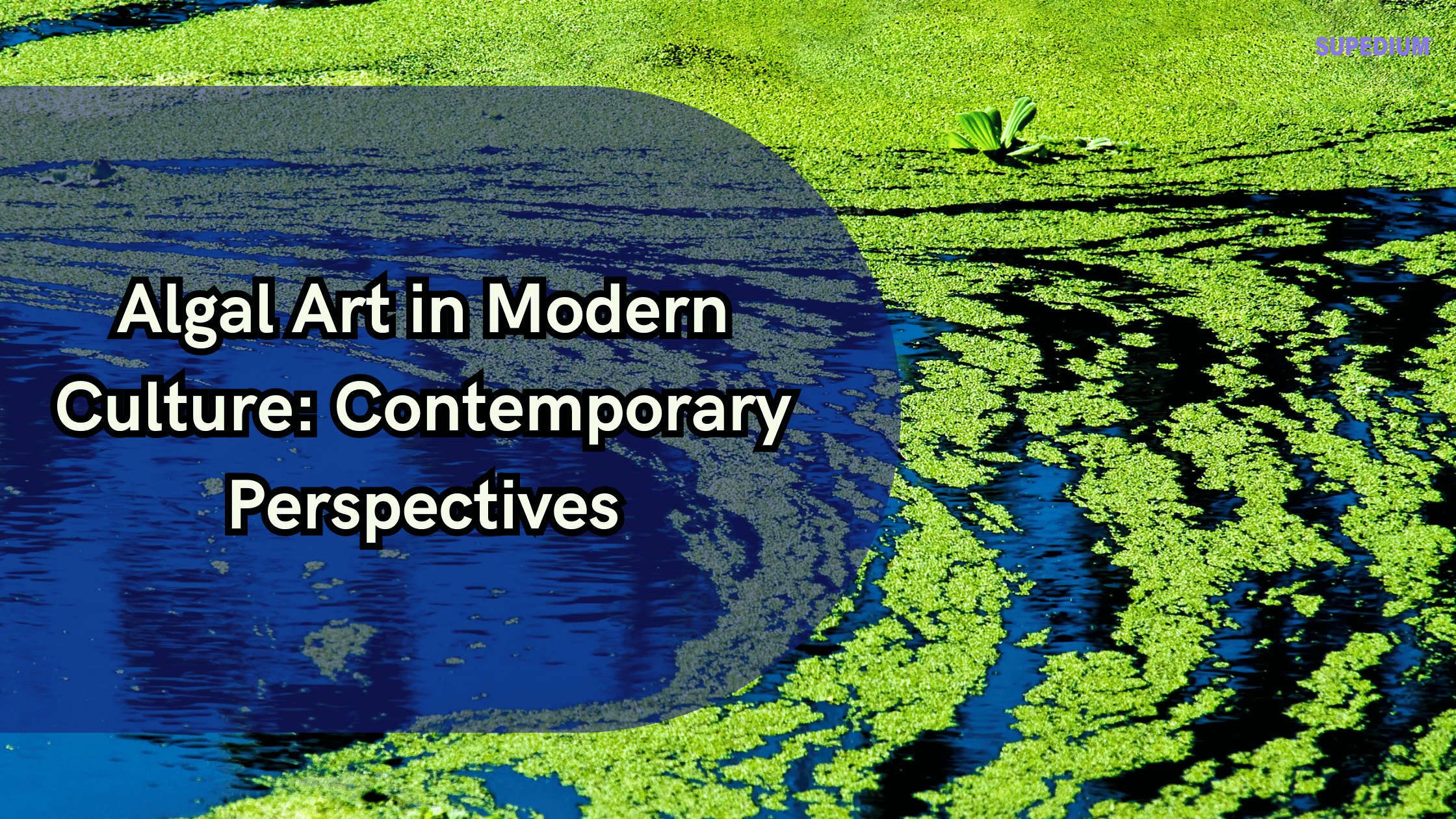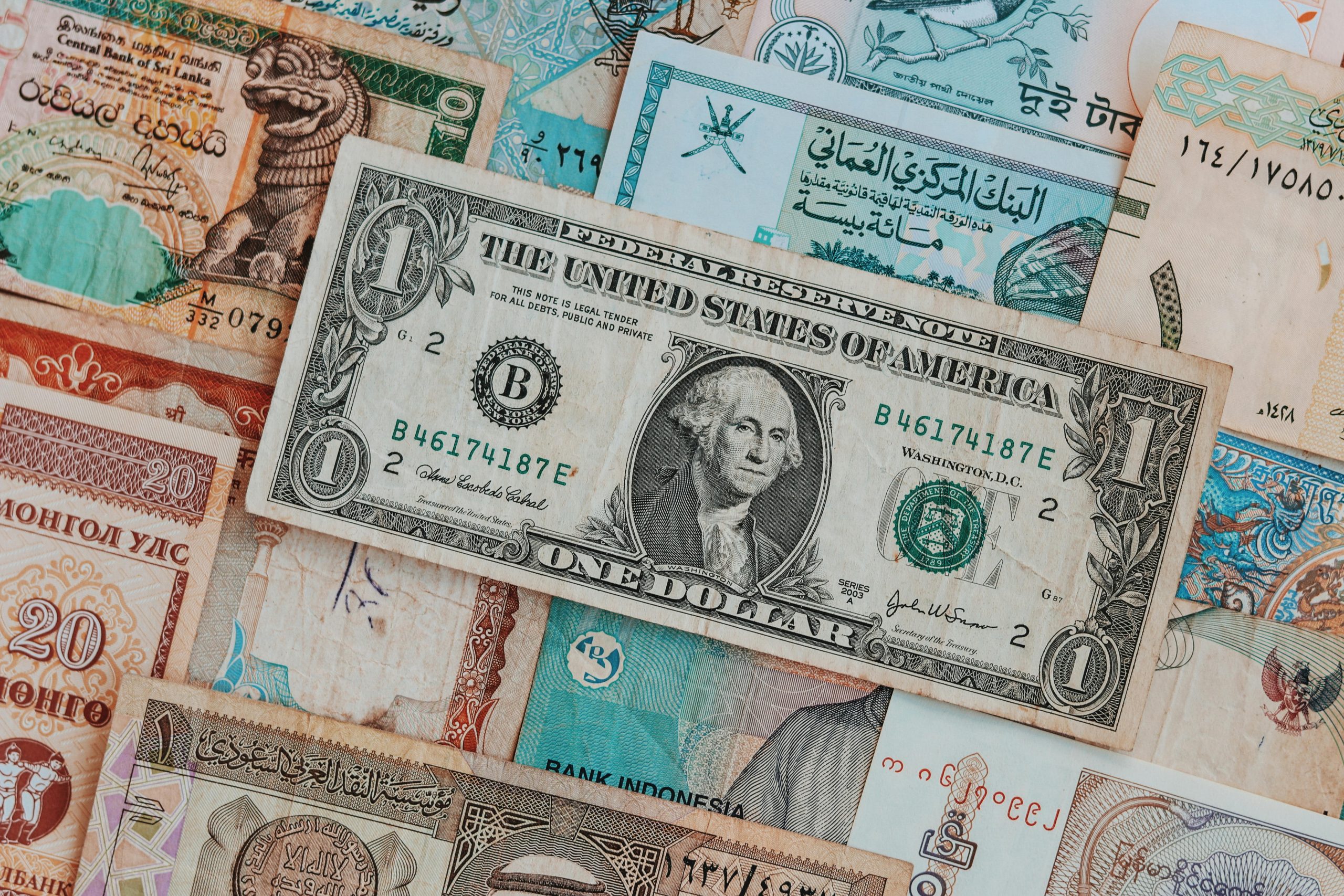Table of Contents
![]()
Debates around Freedom of Speech and Expression across the world are not new. In the Indian context, several recent incidents have heated the question of free speech in the politico-legal discourse. Today, from social media platforms to the TV news channels, people have been debating around what we define as freedom of expression and what qualifies as restrictions. Eminent lawyer and managing partner of OP Khaitan & Co. Gautam Khaitan expresses his opinion about the whole issue.
The Constitutional Provisions
“Freedom of Speech and Expression is enshrined under Part III of the Indian Constitution that contains Fundamental Rights. Article 19 (1) (a) provides all the citizens of India right to freedom of speech and expression,” says Gautam Khaitan. He explained how the first Prime Minister of India Pt. Nehru brought in 19 (2) through the First Constitutional Amendment that introduced reasonable restrictions to the right enshrined under 19 (1) (a).
“The provision brought reasonable restrictions on the grounds of ‘the security of the State, friendly relations with foreign States, public order, decency or morality, or in relation to contempt of court, defamation or incitement to an offence’. Further, Pt. Nehru again brought the Sixteenth Amendment to add ‘the sovereignty and integrity of India’ into the list of restrictions,” he added.
The Present Context
It has been observed that the provisions of restrictions on the Freedom of Speech has given almost a free hand to the governments both at the Centre and states to suppress the voice of the dissenters and critics. Today, those who have been accused and charged under various sections under IPC for inciting violence in the face of anti-CAA protests by the enforcement agencies have claimed that they are being wrongly implicated for raising their dissent voices.
Speaking on the misuse of the restrictions by the state, Gautam Khaitan, says, “It is true that the said provisions are often misused. The problematic thing is to decide these by the court on case-to-case bases. Interestingly, the Supreme Court of India in Shreya Singhal case, Justice Nariman suggested introducing the ‘test’ that clears distinction between incitement and advocacy. “If you are critical of the government on any issue that is an advocacy and you shouldn’t be charged on that. But if you are inciting the public to take up arms against the state then you don’t afford any protection,” he added.
Final Note
“Free Speech is the backbone of democracies and if the government starts eliminating it, then the state is moving towards a despotic regime,” says Gautam Khaitan. However, he also explained that unchecked freedom of speech and expression can also become catastrophic especially for countries like India which faces several national security threats across and within the borders of the nation. Hence, it is important to maintain an equilibrium on what lies under free speech and whatnot. Criticism of the government cannot be considered as incitement similarly criticism of public personality substantiated on evidences cannot be counted as defamation.
Share This





Be the first to comment